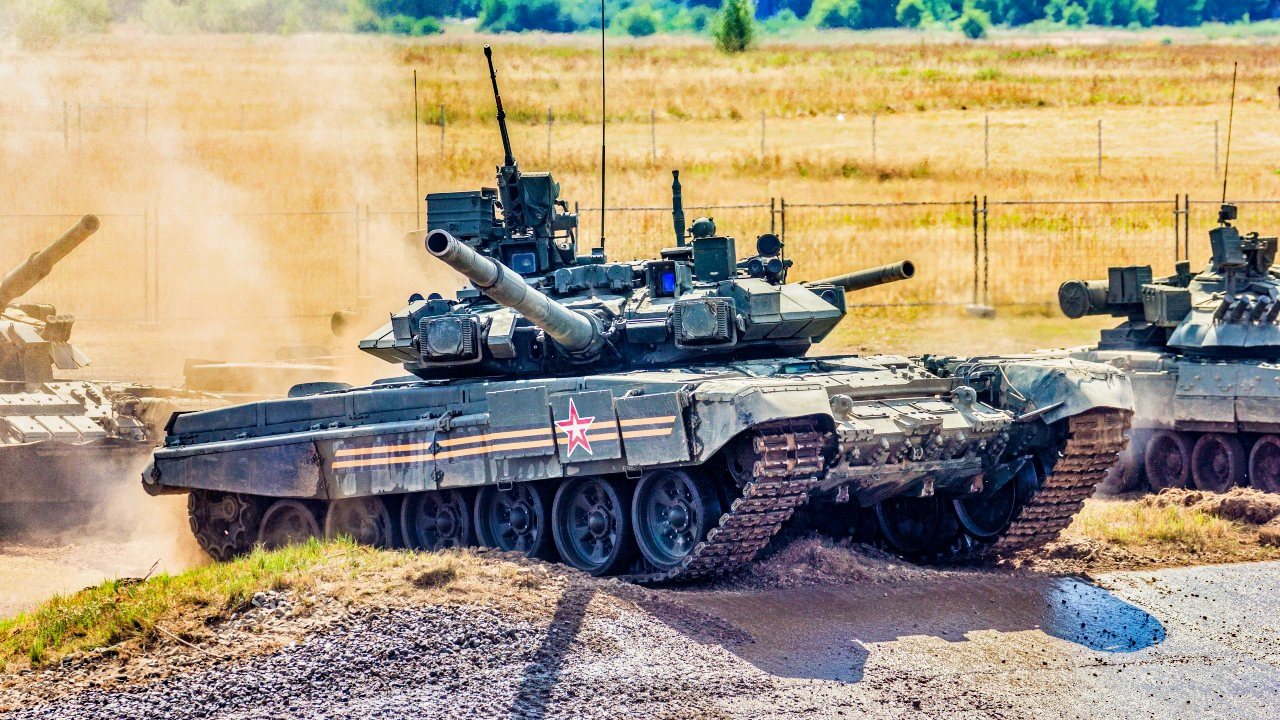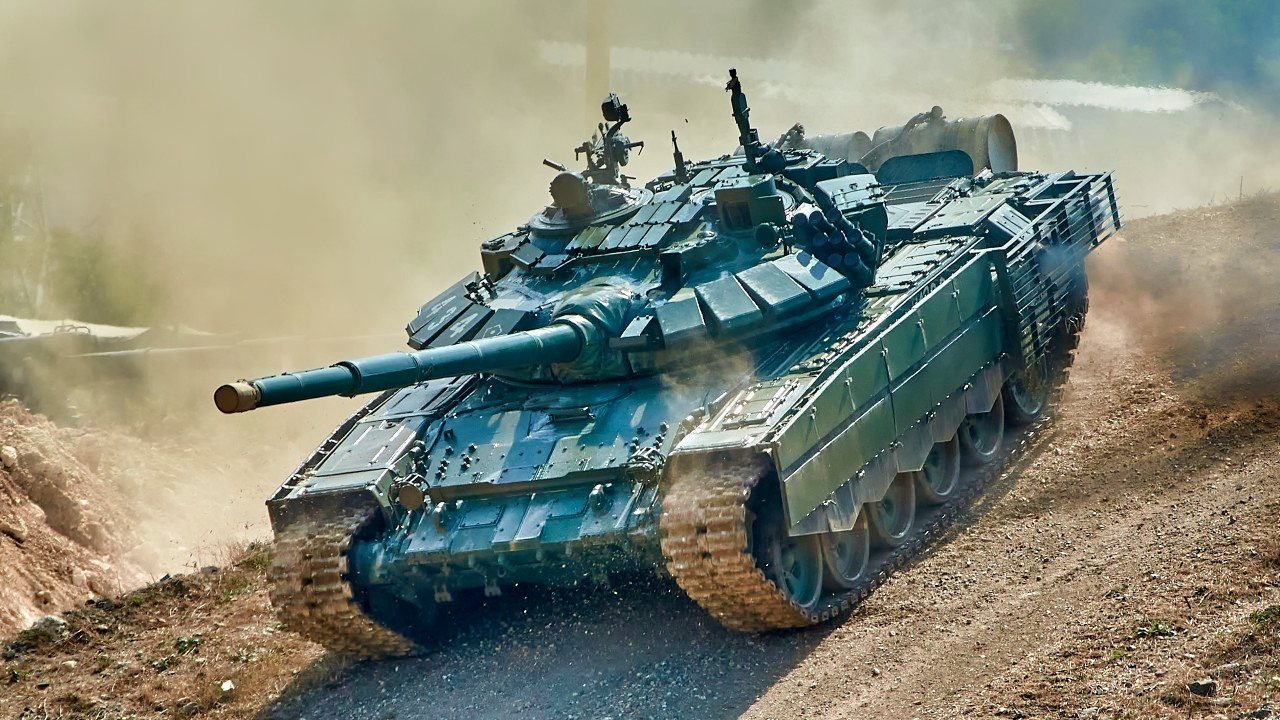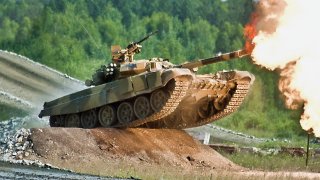Ukraine’s Kursk Operation Sends Clear Signal to Russia
The operation does not appear to have achieved its possible goals of destabilizing Russian society or forcing Moscow to redeploy troops from Donbas. Both objectives remain unmet, leaving the broader strategic picture largely unchanged.
In reflecting on Ukraine's offensive in the Kursk region, President Volodymyr Zelenskyy noted that "Russia brought war to Ukrainian soil and must feel the consequences of what it has done." Now, nearly a month later, the response from Russia, both among the public and military leadership, has been surprisingly muted.

A key factor behind this hushed response is the Kremlin's calculated politics of pacification toward its society. Even the incursions into Kursk have not prompted any significant change in this approach. The narrative presented to Russians has been carefully managed: while the presence of Ukrainian forces on Russian soil is acknowledged, the message is that no substantial territory has been occupied, and no clear frontlines have emerged.
The Kremlin’s messaging is designed to downplay the significance of the conflict, with reassurances that there is no cause for alarm. Essentially, the government is telling the public, "Trust us, there’s nothing to worry about."
This strategy is aimed at maintaining social calm and diverting attention from political concerns, including the war itself.
A crucial part of this pacification strategy is the cultivation of an illusion of normal life and economic stability. Even as Ukrainian forces were on Russian soil, President Vladimir Putin was attending events abroad, visiting Azerbaijan, Mongolia, and the Eastern Economic Forum (EEF). These moves signal to the public that the situation is under control and that there is no need for them to alter their daily routines. Life, it seems, goes on.
In his speech at the EEF, Putin underscored that the aim of the Ukrainian incursion into Kursk was clear to his military command. He stated, "The enemy's goal was to make us nervous, to rush, to relocate troops, and to halt our offensive on key fronts, especially Donbas, whose liberation remains our top priority. Did it work? No, the enemy achieved nothing."
This message reinforces the notion that there is no need for hasty decisions and that Russia’s military strategy remains focused on steady progress in Donbas. Indeed, the Kremlin reports that Russian forces are advancing in Donbas at their fastest pace in some time, with the town of Pokrovsk, a critical supply hub, now a key target.
From a military standpoint, Russia’s response to the Kursk incursion was, once again, not what many had predicted. Rather than a panicked redeployment of troops or an escalation, Moscow remained committed to its broader objectives, particularly in Donbas. This response suggests that both sides are shoring up their positions, possibly in anticipation of future negotiations.
Negotiations are more likely to happen, particularly after the U.S. presidential elections, which could shift the dynamics of international support for Ukraine. On the one hand, Ukraine’s actions in Kursk could strengthen its bargaining position by showing its capability to penetrate Russian territory. However, Russia’s continued focus on Donbas signals that it is unwilling to make significant concessions in exchange for Kursk, as Donetsk remains its primary objective.
Looking ahead, the situation is poised to grow more complex. Both sides are reinforcing their positions in preparation for future talks, though the exact timing remains uncertain. The outcome of the U.S. elections could play a pivotal role in shaping the course of the war, as American political support will significantly influence Ukraine’s strategic decisions.
As for the immediate impact of Ukraine’s incursion into Kursk, the operation does not appear to have achieved its possible goals of destabilizing Russian society or forcing Moscow to redeploy troops from Donbas. Both objectives remain unmet, leaving the broader strategic picture largely unchanged.
But the Kursk region incursion has led to two significant, interconnected shifts in global stability that should not be underestimated:
1. Nuclear weapons are no longer an effective deterrent against conventional warfare, even within the territory of a nuclear-armed state.
2. Global uncertainty is increasing, as the existence of these weapons means they could still be used at any moment.

Moscow is now playing a patient game, staying committed to its objectives while maintaining public calm. This approach suggests a prolonged, steady war of attrition under largely unchanged conditions. However, we must closely monitor the internal situation in Russia.
Any shift toward escalation will likely be signaled by a shift from the current pacification strategy to one of ideological mobilization, rallying the population for a more intensified effort.
About the Author:
Olga Vlasova is a Visiting Scholar at King’s Russia Institute, specializing in Russian politics. She holds a PhD in Political Science from Lomonosov Moscow State University, focusing on comparative educational policies in Europe. Currently, her research at King’s College London examines the "politics of fear and pacification" in Russia, particularly in the context of the war in Ukraine. In addition to her academic career, Olga has served as an advisor to the leader of the 'Yabloko' faction in the Moscow City Duma and has played an active role in Russian politics. Her involvement spans parliamentary and presidential campaigns, as well as the regional development of the Russian opposition democratic party Yabloko. Her research interests include propaganda, digital authoritarianism, and political education.
Image Credit: Creative Commons and/or Shutterstock.


